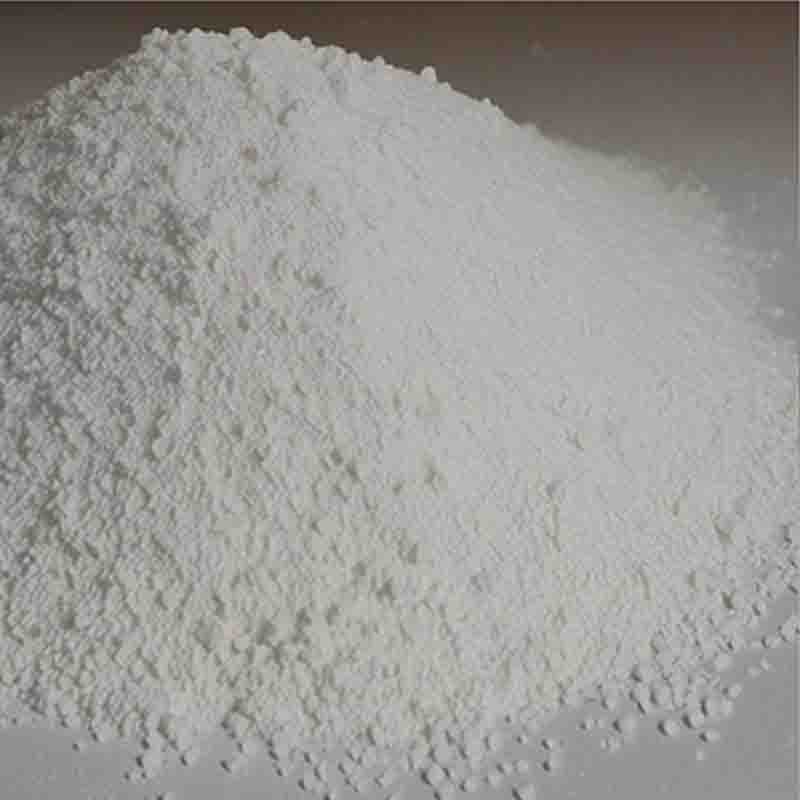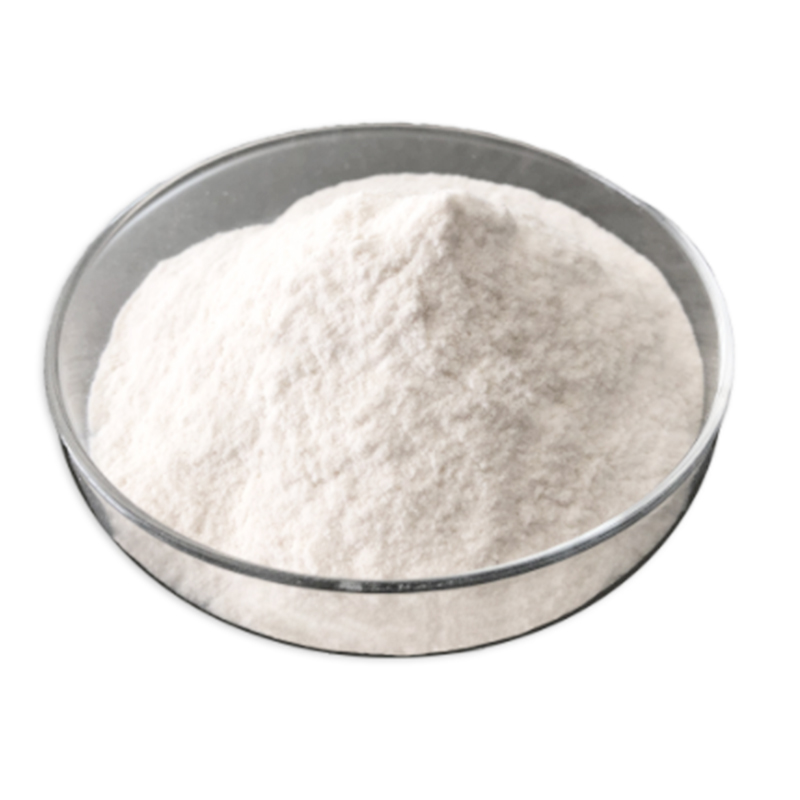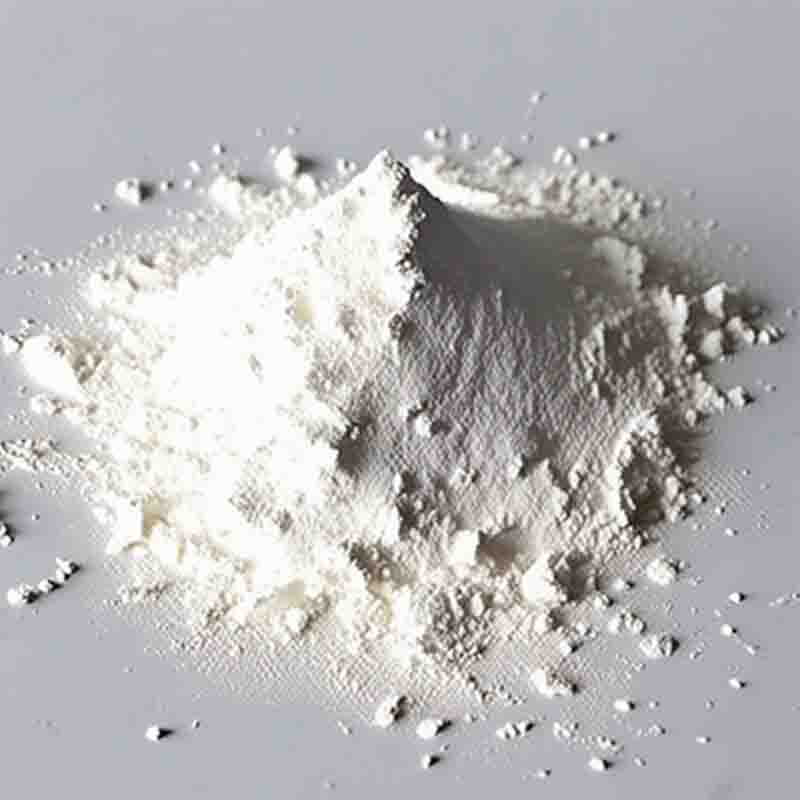molsidomine CAS:25717-80-0
| Catalog Number | XD96148 |
| Product Name | molsidomine |
| CAS | 25717-80-0 |
| Molecular Formula | C9H14N4O4 |
| Molecular Weight | 242.23 |
| Storage Details | Ambient |
Product Specification
| Appearance | White powder |
| Assay | 99% min |
Molsidomine, also known by its brand name Corvasal, is a medication primarily used to treat angina, a condition characterized by chest pain or discomfort caused by reduced blood flow to the heart. It belongs to the class of drugs known as nitrates, which work by dilating blood vessels and improving blood flow, thereby reducing the workload on the heart and relieving angina symptoms.One of the main effects of molsidomine is its ability to release nitric oxide (NO) in the body. Nitric oxide is a signaling molecule that helps relax and widen blood vessels, leading to improved blood flow. By releasing NO, molsidomine helps dilate the coronary arteries, which supply blood to the heart muscle. This dilation allows for enhanced blood flow to the heart, alleviating the underlying cause of angina.Molsidomine is typically administered orally in the form of tablets or capsules. Once absorbed into the bloodstream, it metabolizes into its active form, linsidomine, which then further converts into NO. The sustained release of NO helps maintain the blood vessel dilation over an extended period of time, providing longer-lasting relief from angina symptoms.In addition to its vasodilatory effects, molsidomine has been found to have other beneficial effects related to heart health. It has been shown to reduce platelet aggregation or clot formation, making it useful in preventing blood clots and subsequent heart attacks. Molsidomine also aids in improving endothelial function, which refers to the ability of blood vessels to relax and constrict as needed to regulate blood flow.Molsidomine is generally well-tolerated, but like any medication, it can have potential side effects. The most commonly reported side effects include headache, dizziness, and flushing due to the dilation of blood vessels. These side effects are usually mild and transient. Rarely, more severe side effects such as low blood pressure, irregular heart rhythms, or allergic reactions may occur.It is important to note that molsidomine should only be used under the supervision and prescription of a healthcare professional. They will determine the appropriate dosage and treatment plan based on individual needs. It is crucial to adhere to the prescribed regimen and report any unusual or severe side effects to your doctor.In conclusion, molsidomine is a medication commonly used for the treatment of angina. Its vasodilatory effects, achieved through the release of nitric oxide, help improve blood flow to the heart and relieve chest pain. Along with its ability to reduce platelet aggregation and improve endothelial function, molsidomine plays a vital role in the management of angina and associated cardiovascular conditions. However, as with any medication, it is important to consult with a healthcare professional for appropriate usage and to monitor for any potential side effects.









